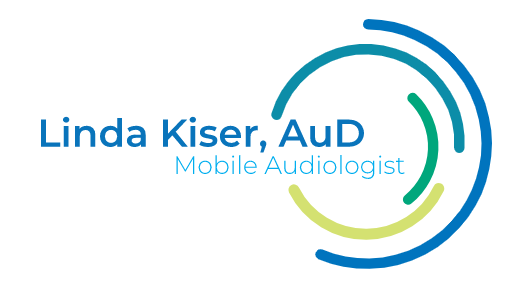Diagnostic Audiologic Evaluation
If you have been referred for a diagnostic audiologic evaluation, it means that your hearing needs further examination. This evaluation is recommended for individuals who did not pass an initial hearing screening.
The purpose of the evaluation is to determine the presence of a hearing loss and, if present, to identify the type and severity of the hearing loss. Additionally, it may provide insights into the cause of the hearing loss and guide the audiologist in making appropriate treatment recommendations or referrals to other professionals.
What tests will be done?
The specific tests conducted during the evaluation will depend on factors such as the patient's age, symptoms, and medical history. These tests will assess the degree of hearing loss, the type of hearing loss, and the condition of the ear canal and middle ear. The audiologist will also determine whether the hearing loss is conductive (related to problems in the middle or outer ear) or sensorineural (related to issues in the inner ear or the auditory nerve and central auditory pathways).
At a minimum, a diagnostic audiologic evaluation includes pure-tone testing, bone conduction testing, and speech testing.
Pure-tone and bone conduction testing
Speech testing
Additional tests
Additional tests may include otoscopy (physical examination of the outer ear, ear canal, and eardrum) and tympanometry (assessment of middle ear function) to evaluate the health of the ear canal and middle ear.
For infants, young children, and individuals with developmental or cognitive impairments, specialized tests exist to assess the auditory system when active participation is not possible.
In the case of children, it is crucial to conduct a diagnostic hearing evaluation when hearing loss is suspected. This initial step helps identify hearing loss and develop a treatment plan to enhance academic and social success.
What can I expect during a diagnostic hearing evaluation?
During the evaluation, you can expect it to last around 30-40 minutes. It's important to allocate additional time to discuss the test results with the audiologist and ask any questions you may have.
If the results indicate the need for hearing aids, allow sufficient time to discuss your options.
It is advisable to bring a family member with you to the evaluation appointment. Most audiologists recognize that hearing loss affects the entire family, and having a supportive person present can help you better understand the information and recommendations.
Before your appointment, you will be asked to provide a complete medical history, including any complaints or concerns about your hearing. Pay particular attention to issues related to noise exposure, tinnitus, and balance problems. Make sure to bring a comprehensive list of medications and supplements you are currently taking.
The diagnostic audiologic evaluation is an opportunity to establish a relationship with your audiologist. Don't hesitate to ask questions and seek clarification on any information you receive. Being well-informed will enable you to actively participate in finding the best hearing solutions for your lifestyle and needs.

